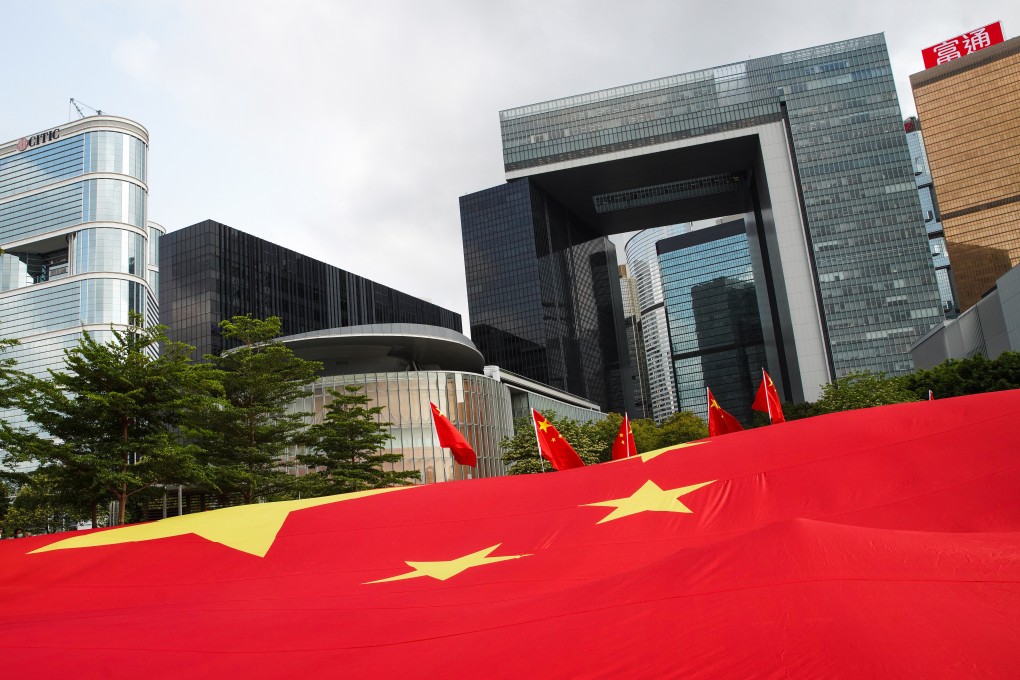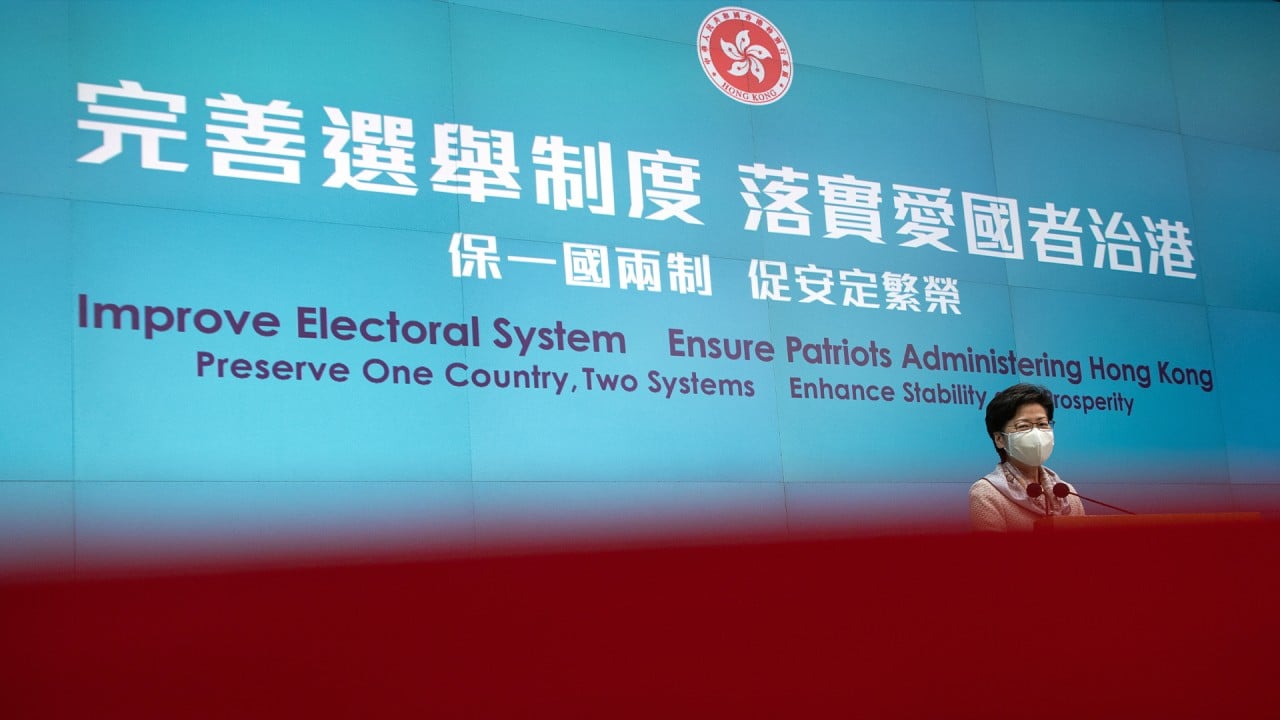Beijing weakens influence of Hong Kong tycoons and strengthens power of mainland-linked outfits in city’s electoral shake-up with Election Committee revamped
- Committee will have more than 400 seats chosen by mainland-affiliated bodies, groups or businesses, including 110 to be filled by local members of ‘relevant national organisations’
- Changes not only sharply reduce potential influence of opposition camp in committee, but also weaken clout of local tycoons who have long been regarded as election ‘kingmakers’

The decision, approved unanimously on Tuesday morning by China’s top legislative body, also enlarged the powerful body from 1,200 members to 1,500 by adding people from neighbourhood committees that advise on local crime and fire safety issues and are typically dominated by the pro-establishment camp.
The new structure favours corporate voting over individual votes, with the number of seats to be returned by single voters to drop from about 470 to 293, accounting for less than 20 per cent of the total.
The committee will have more than 400 seats chosen by mainland-affiliated bodies, mainland enterprises in the city, or groups that have other ties with the mainland, including 110 to be filled by Hong Kong members of “relevant national organisations”.
The changes in effect not only sharply reduce the potential influence of the opposition in the committee, but also weaken the clout of the city’s tycoons who have long been regarded as “kingmakers” in previous races for the city’s leader.
Under the most sweeping changes to the city’s electoral system to date, the addition of a new fifth sector composed of 300 Beijing loyalists to the committee was widely anticipated but the bigger surprise was the complete revamp of the voting mechanism of numerous subsectors previously held by pro-democracy players.
